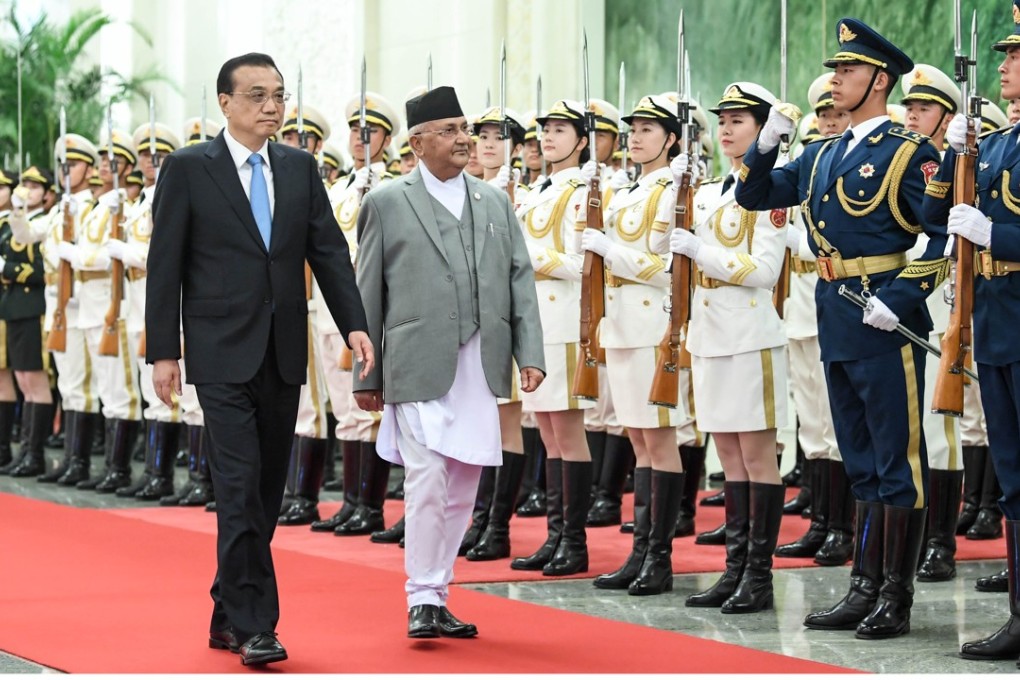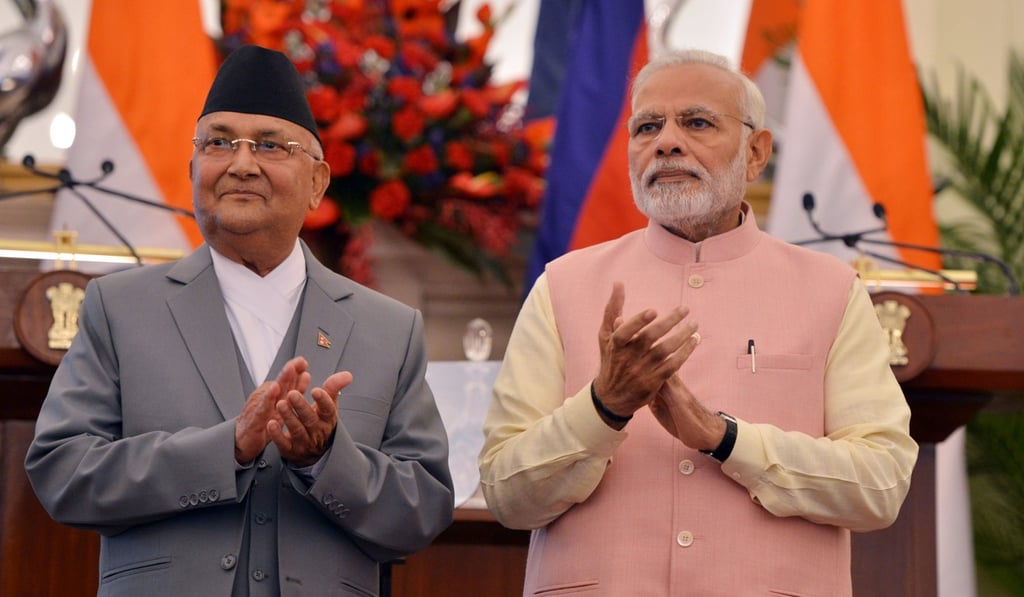How India and China are keeping the West out in Nepal
Both Asian giants are trying to win friends and influence the new government, and neither likes the leverage Western organisations enjoy – or the rapid spread of Christianity in the country

But there is one area where China and India seem to have found common ground – keeping international non-governments and West-dominated multilateral agencies at bay.
Nepal’s parliament this week decided that it would not accept any funds from donors for legislative business after it came to light that the country’s highest-elected body had been accepting financial support from international donors in the name of empowerment and skill development of parliamentarians since 2008, when Nepal elected its first constituent assembly-cum-parliament to write a new constitution.
The move is the latest in a series of steps taken by the new government of Prime Minister Khadga Prasad Sharma Oli to distance Nepal from Western non-governmental organisations (NGOs), whose clout in poverty-stricken Nepal have been a bone of contention for both India and China. While India has long been touchy about these agencies’ views on its restive Jammu and Kashmir province, China’s sensitivities lie in their access to Tibetan refugees.

Nepal provides the natural passage for Tibetans trying to flee to India. China has repeatedly shared its concern with Nepal about certain NGOs inciting Free Tibet activities in Nepal. Both on his first trip to China in April after becoming prime minister and again and on his return to Nepal, Oli pointedly made it clear that Nepal would not let its territory be used against its neighbours.